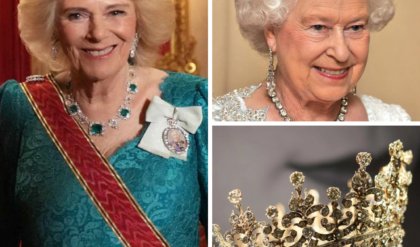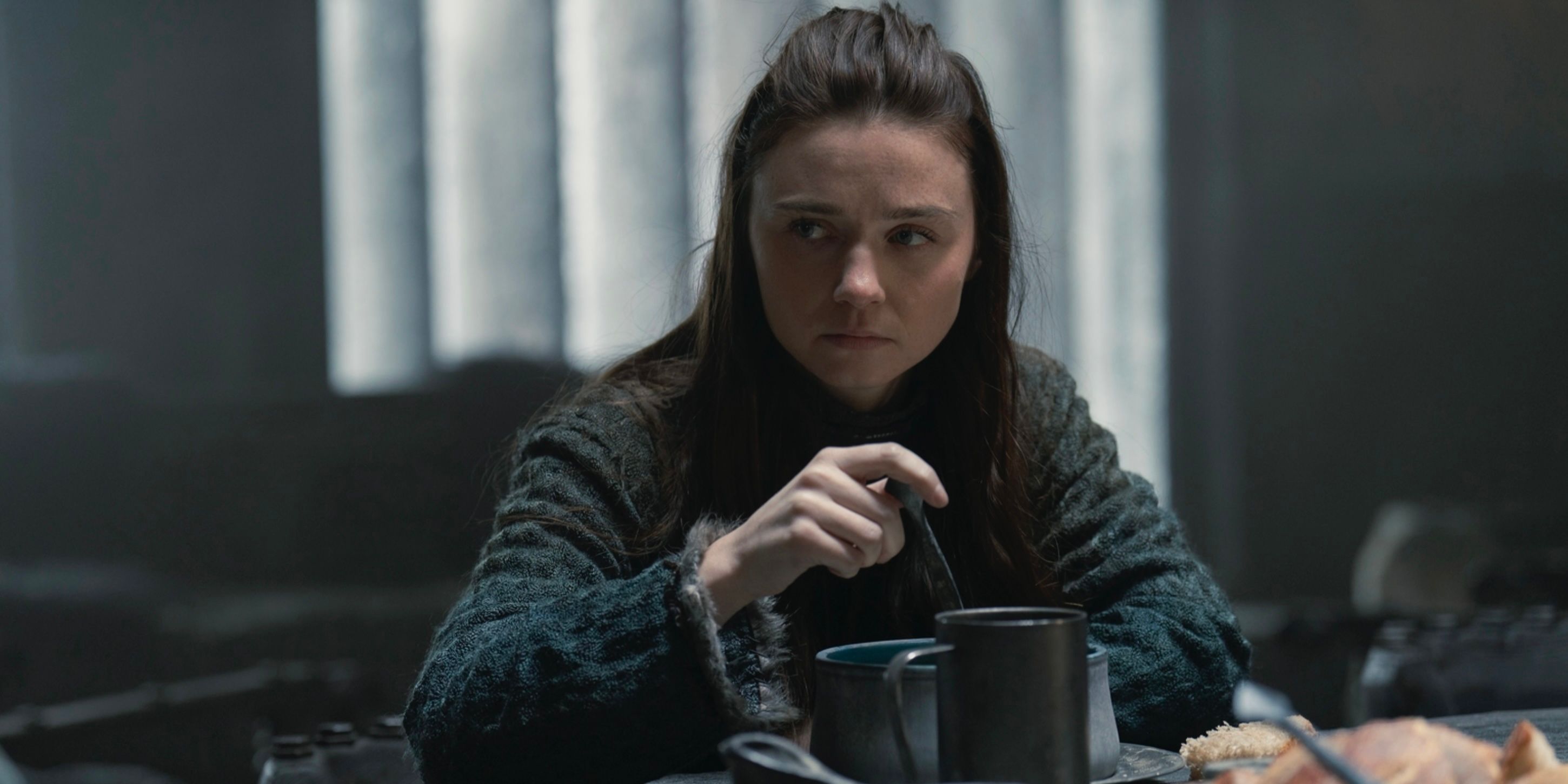
The following contains spoilers for Dune: Prophecy Season 1, Episode 3, “Sisterhood Above All,” which premiered Sunday, December 1, 2024 on HBO.
Set 10,000 years before the Dune films, Dune: Prophecy explores the origin story of the Bene Gesserit, and how it became an elite organization in the known universe. In the present day Dune, the Bene Gesserit has been well-established, meaning that its powers and abilities to manipulate people are the norm in this world. But before Paul Atreides’ birth shook up the status quo, Valya Harkonnen was a secret threat through her newfound ability that would change the Bene Gesserit for centuries.
The series premiere of Dune: Prophecy revealed that Valya was the first user of the Voice, an ability that Reverend Mothers and Paul Atreides regularly use in the Dune films. The Voice is best described as an audio-neuro tool that is able to control unwilling people through tonal shifts in the user’s voice. When activated, the victim follows the user’s every command, even to their death. In the Dune films, the casual application of the Voice displays how ingrained the psychic tool is in the Bene Gesserit’s culture. In the case of Dune: Prophecy, Valya’s rare use of the Voice shows how atypical her sinister nature is compared to the rest of the Sisterhood and her family.
Valya Harkonnen First Used the Voice on Her Brother
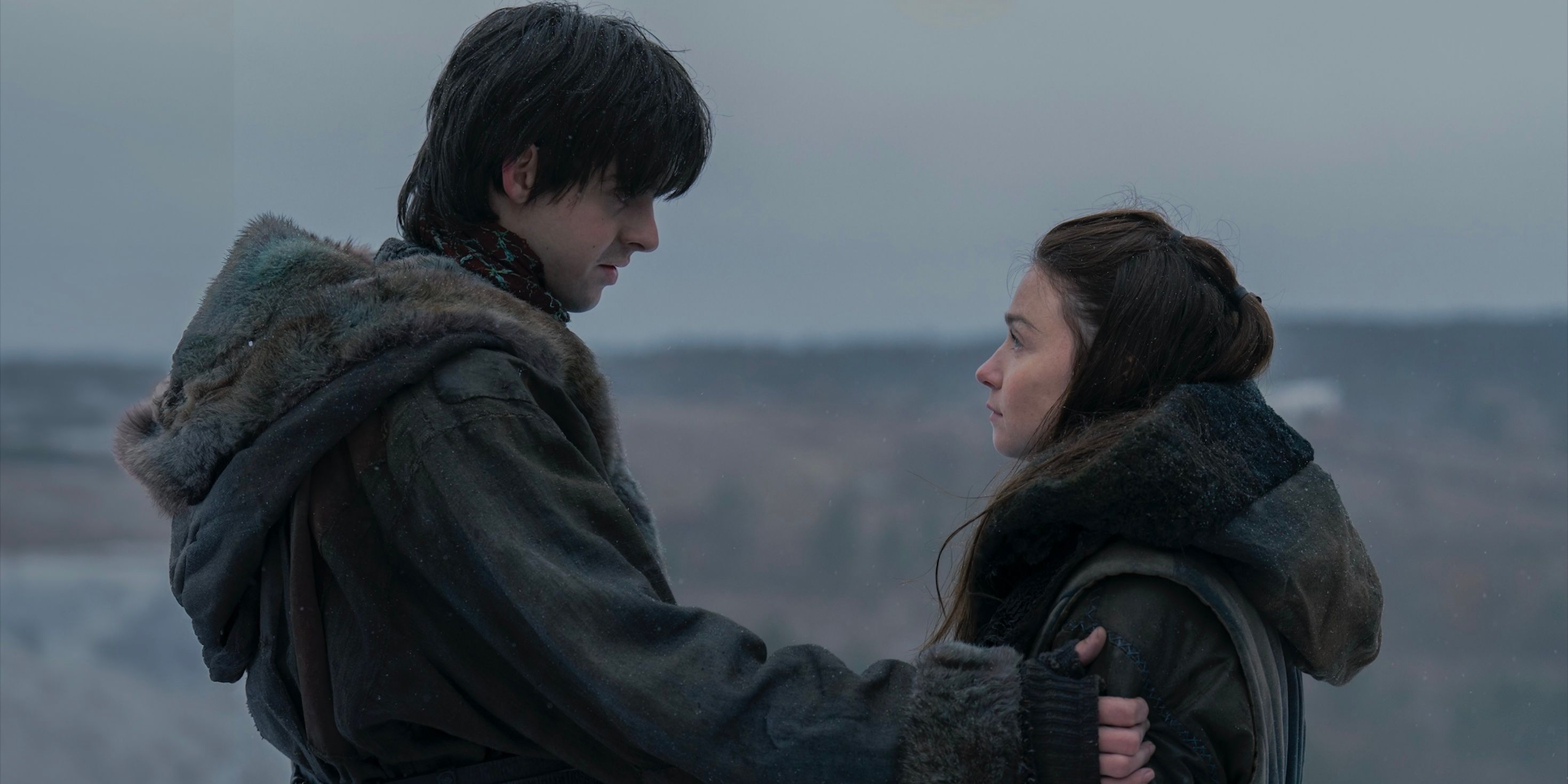
The Voice was first seen in Dune: Prophecy’s premiere as a more grotesque, untrained version than what’s typically seen in the Dune films. A young Valya Harkonnen uses the Voice on her rival, Reverend Mother Dorotea, when the latter threatens to expose the Sisterhood to the Imperium for using thinking machine technology for the breeding program. Valya is able to stop her with the Voice, which sounds monstrous and inhumane. Without hesitation, Valya demands that Dorotea slit her own throat, leading her to bleed to death. But that wasn’t the first time Valya used the Voice.
Jessica Barden returns as young Valya in Season 1, Episode 3, “Sisterhood Above All,” in a flashback sequence about her beginnings in the Sisterhood and troubled life at home. On her icy home planet, her brother Griffin recounts a time when he was drowning in a cold lake, and the only thing that got him out was Valya’s voice. She called to him, ordering him to keep swimming to the surface, even though his muscles had seized. It’s unclear if, at this point, Valya fully understood what she was capable of. The Voice was an unexplained phenomenon that only she could do, which reveals the inner darkness she was born with.
Valya’s reputation among her family soured as she got older due to her outspoken attitude, but Dune: Prophecy suggests that she was always difficult. Her mother is dazed at Valya’s entitlement and greed, wondering where in their family she inherited it from. Every other Harkonnen, except for Griffin, accepted their low status among the Imperium. They’re content with not touching the blood feud between the Harkonnens and Atreides. Valya’s thirst for vengeance perhaps wasn’t learned, but inborn within her. The Voice can be explained as a dangerous manifestation of her lust for power and unresolved generational trauma, demonstrated when she casually uses the Voice to nearly kill her own mother.
Valya’s Influence Made the Voice One of the Bene Gesserit’s Most Powerful Weapons
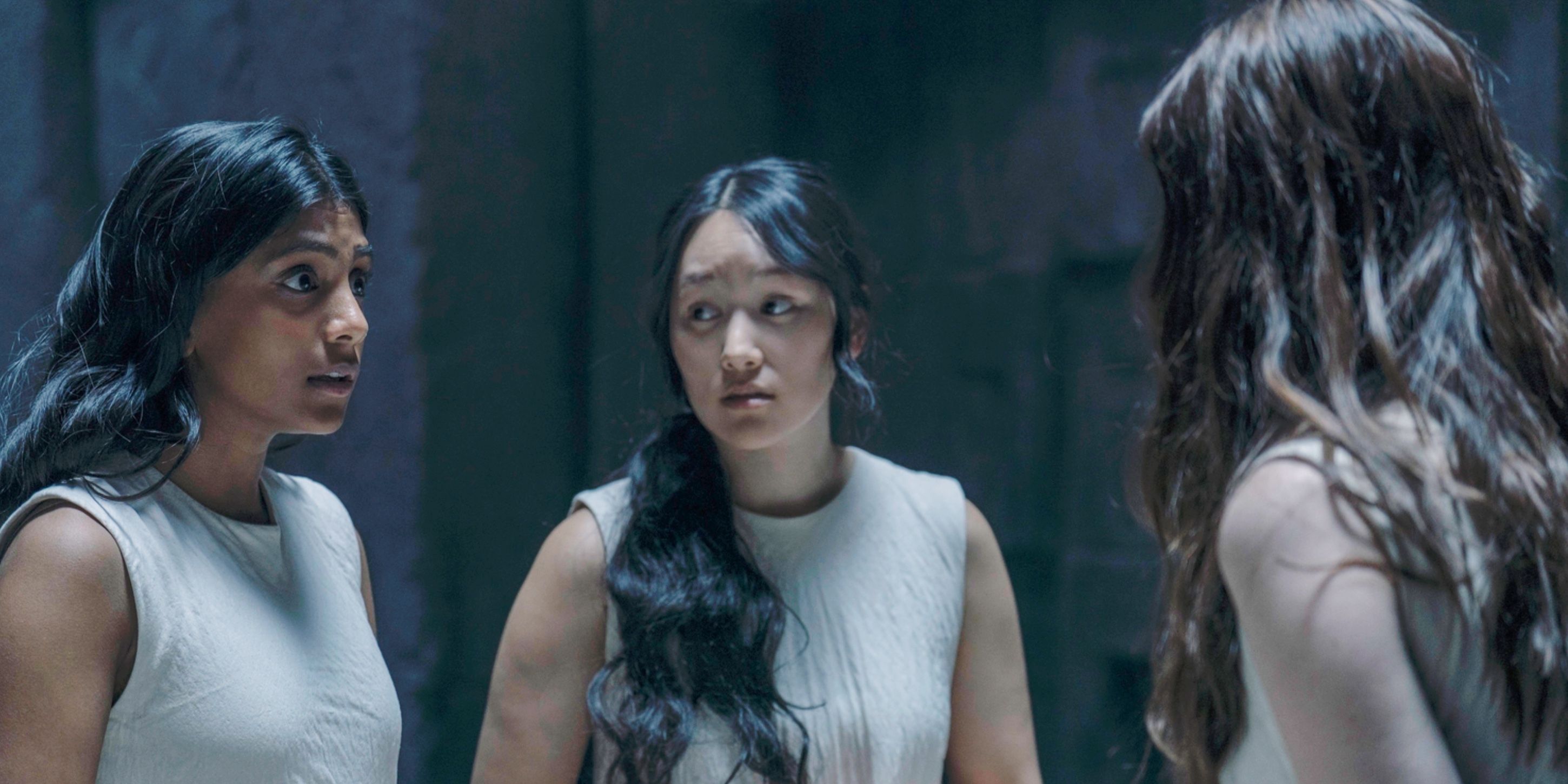









A person like Valya isn’t one to hide the Voice forever, but she’s also not going to share it with people she can’t trust. Valya wants to be the strongest person, politically and supernaturally, but she recognizes that she can’t achieve her goals within the Sisterhood without help. During her time with the Sisterhood, she trained with Mother Superior Raquella to hone in the Voice and gain control over it. Before Dorotea’s death, Valya mentions she was hoping to share the Voice with her. But the Voice would’ve been kept a secret since Dorotea would never have befriended Valya.
Known Users of the Voice
Appears in
Valya Harkonnen
Dune: Prophecy
Lady Jessica
Dune: Part One and Dune: Part Two
Paul Atreides
Dune: Part One and Dune: Part Two
Reverend Mother Helen Mohiam
Dune: Part One and Dune: Part Two
Valya did, however, share it with two people she trusted: Kasha Jinjo and Francesca. Both of the women were Valya’s closest allies in the Sisterhood, mainly because they looked up to Valya as a determined, capable person. Valya’s terms for friendship are different from others — she doesn’t make friends, she makes followers. She uses the Voice on them in secret to show her new ability, forcing Kasha to slap Francesca. Being more in tune with the Voice, Valya resorts to violence to introduce it to potential new users. She’s far past using it for good, like helping her brother from drowning in a lake. The Voice is only ever used to hurt and manipulate people for the worst.
It was this moment between Valya, Kasha and Francesca that triggered a line of Voice users throughout generations. Valya’s growing influence in the Sisterhood allowed her to form a network to use the Voice on political figures in the Imperium. While it’s unclear what happened to Francesca in recent years, Kasha became the Emperor’s Truthsayer. Now that Valya has taken Theodosia under her wing, she’ll likely also train her favorite Sister to use the powerful verbal weapon. Slowly, but surely, the Voice will become key to the Bene Gesserit’s power.
Has Anyone Ever Resisted the Voice?
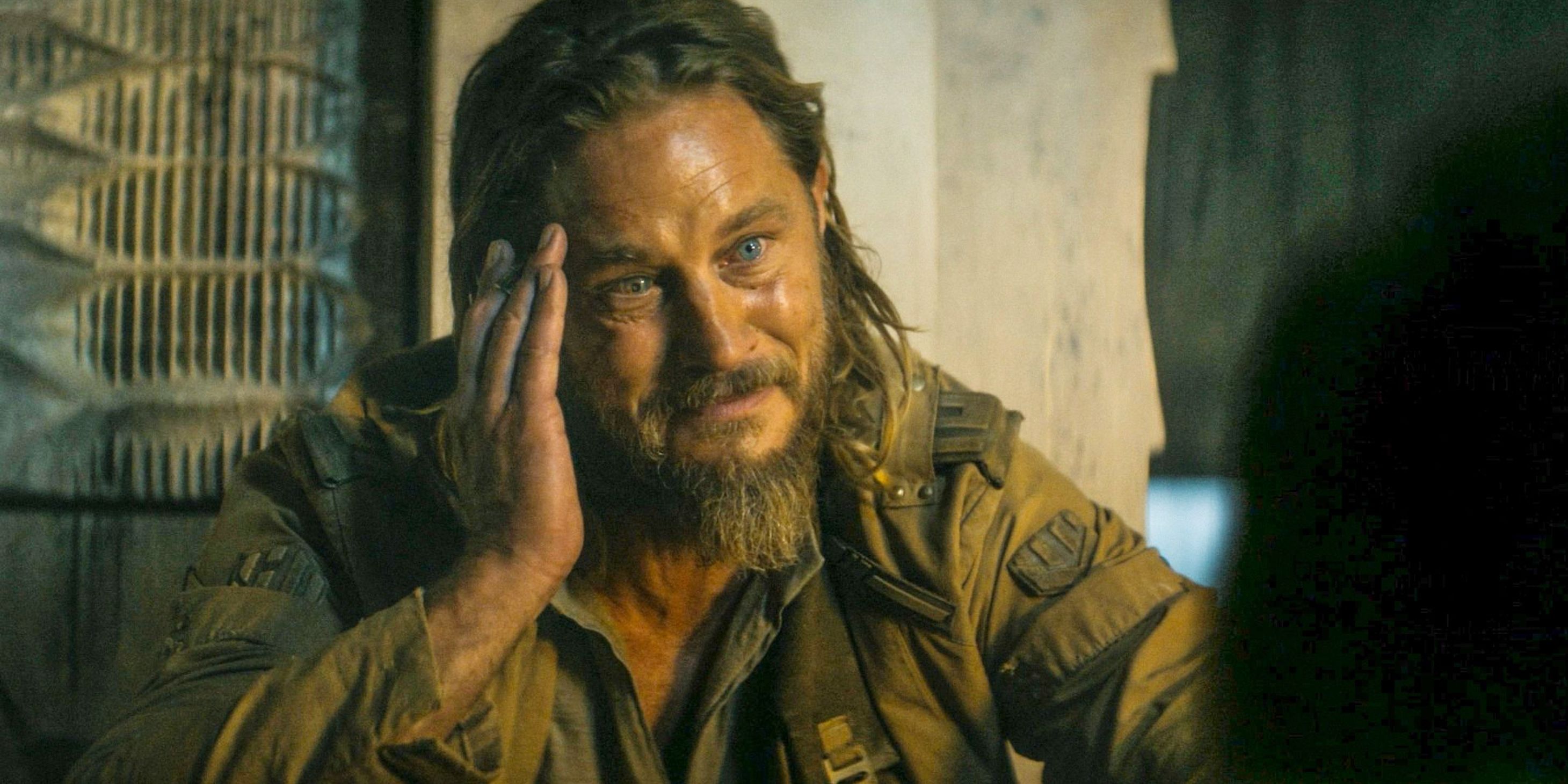
The one downside of the Voice is that it’s not the most invincible weapon in the Dune franchise. The Voice isn’t wholly irresistible, as Desmond Hart proved to Valya. He was able to resist the Voice when she attempted to use it on him. His immunity to the Voice is a side effect of the powers Desmond was gifted on Arrakis, when he was swallowed by a sandworm but was allowed to live. His powers allow him to pyrokinetically burn people to death through their insides, and he’s granted a sense of awareness that’s close to what the Sisterhood possesses. It’s possible that whatever powers he has (maybe even as a ghola), they’ve enhanced his mind to protect itself from the Voice.
Immunity to the Voice is a rare occurrence in screen adaptations of Dune, but not so much in the book material. In the books, Paul Atreides trains Duncan Idaho to resist the Voice if it’s ever used against him. People who are naturally strong-willed and talented are likely to have an easier time gaining immunity with the proper training. Yet, Desmond Hart’s power doesn’t change the fact that Valya has influence over the entire Sisterhood. While no one knows how Dune: Prophecy will end yet, the Voice does live on for thousands of more years.
New episodes of Dune: Prophecy premiere every Sunday on HBO.





